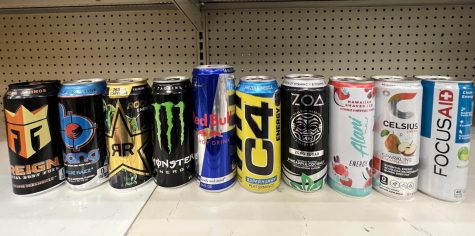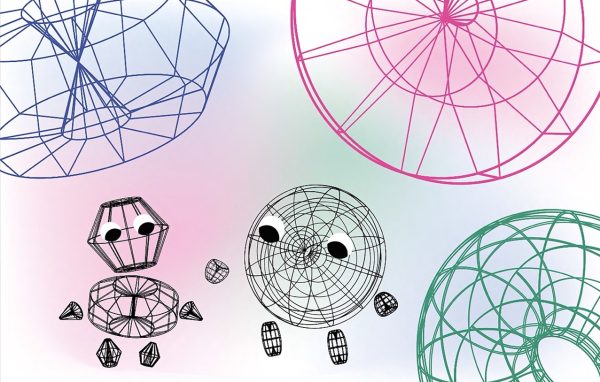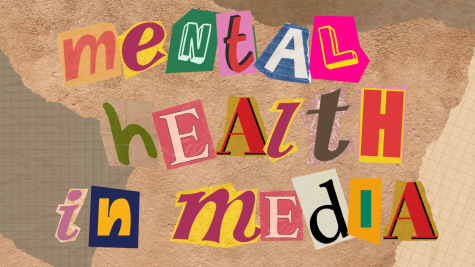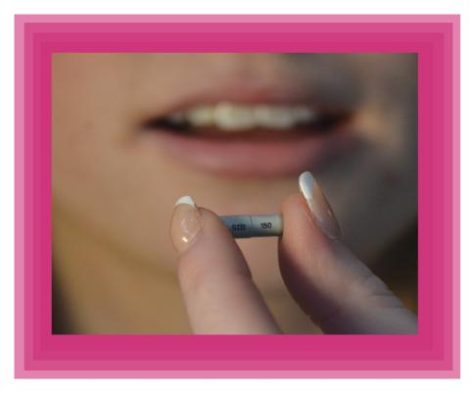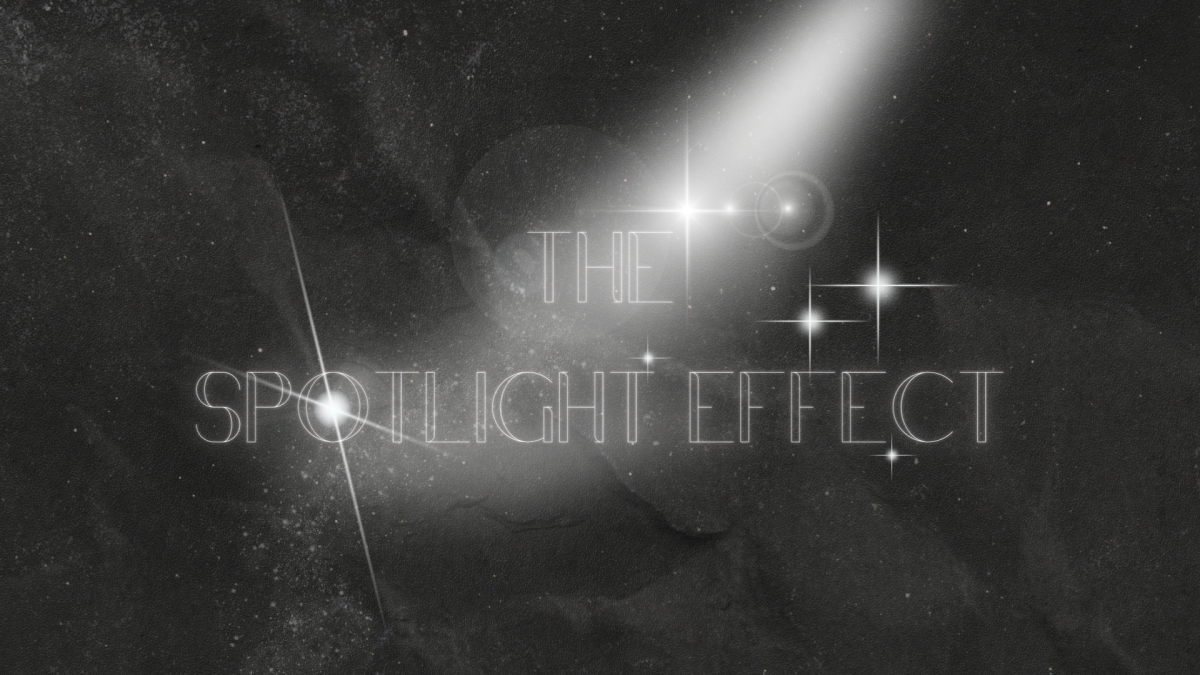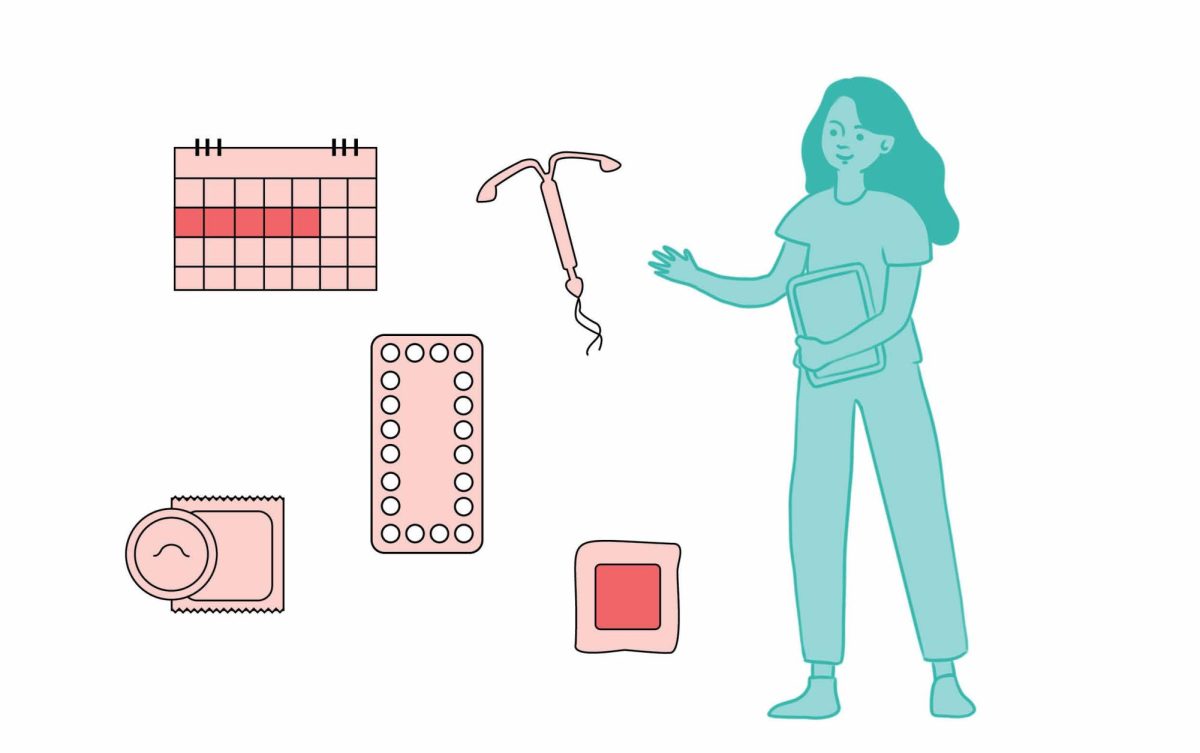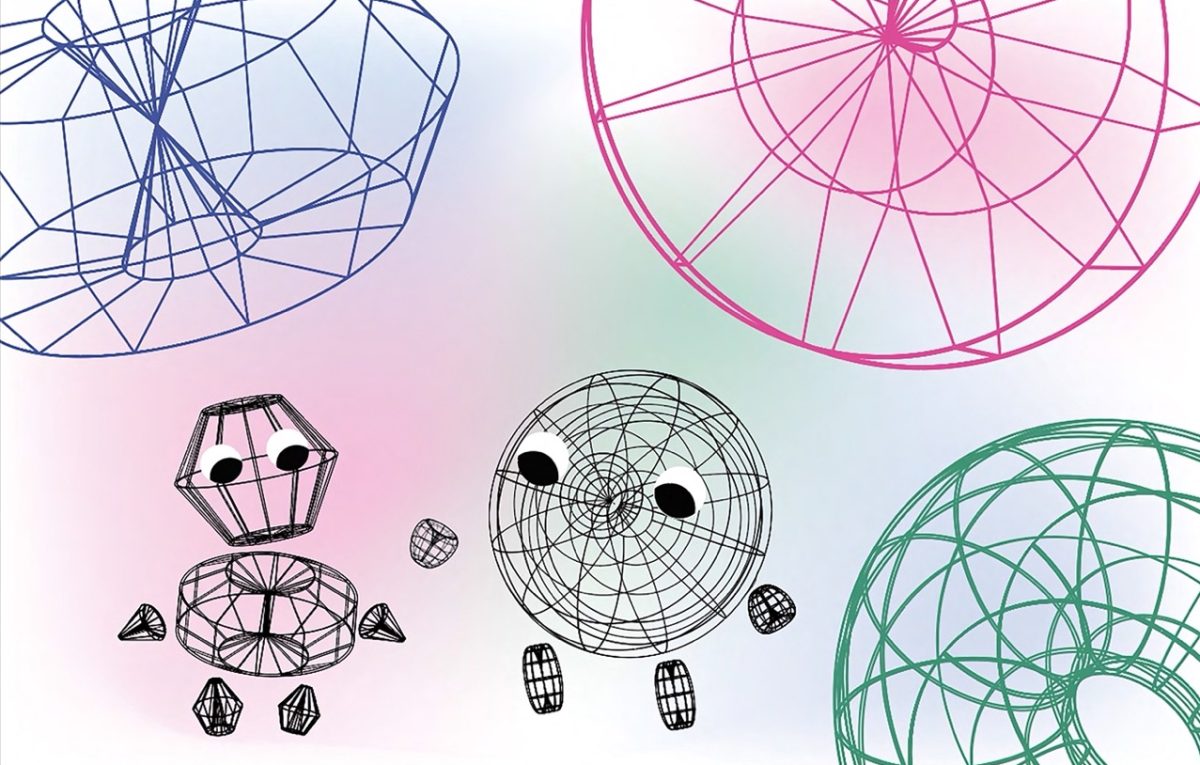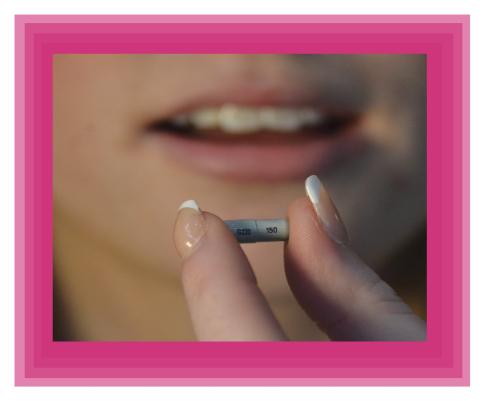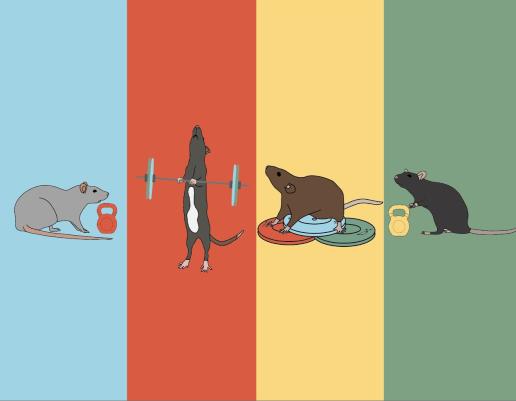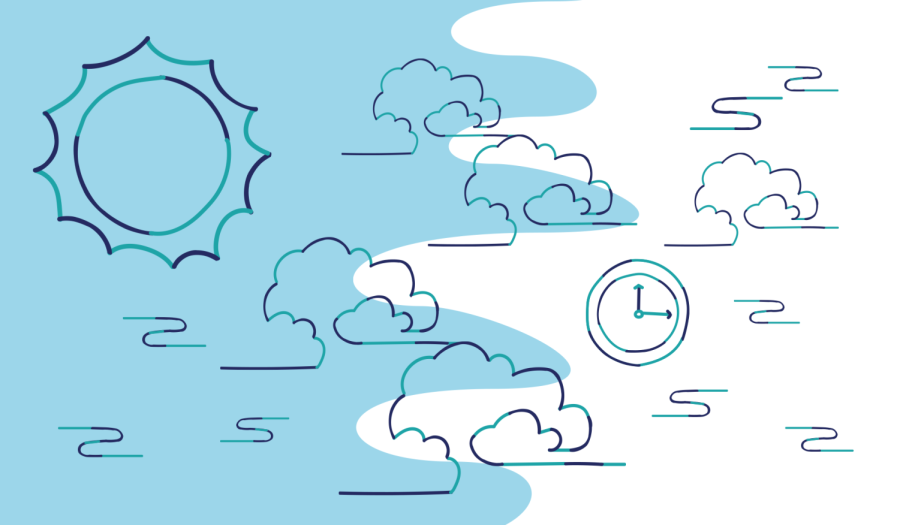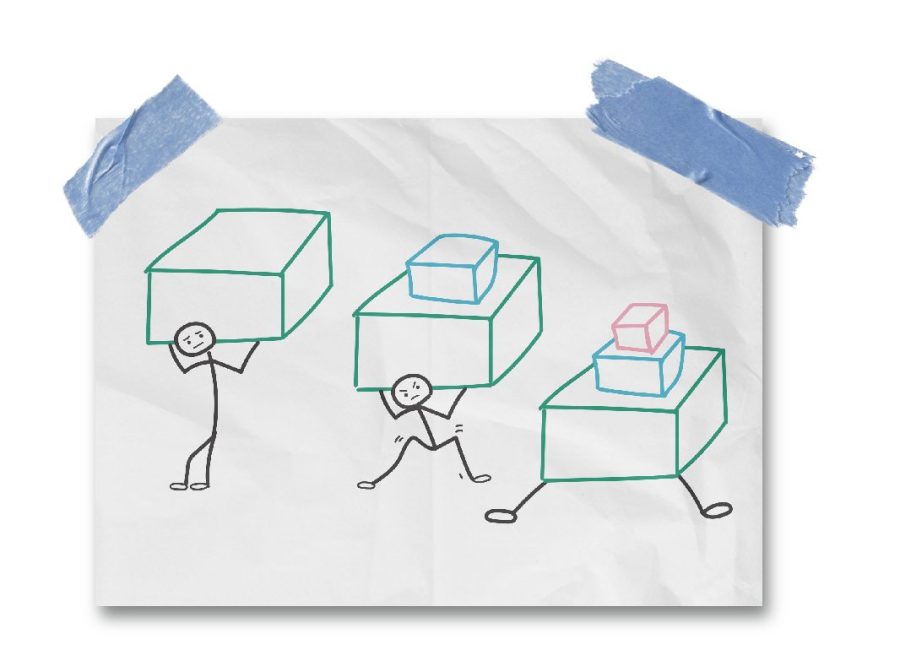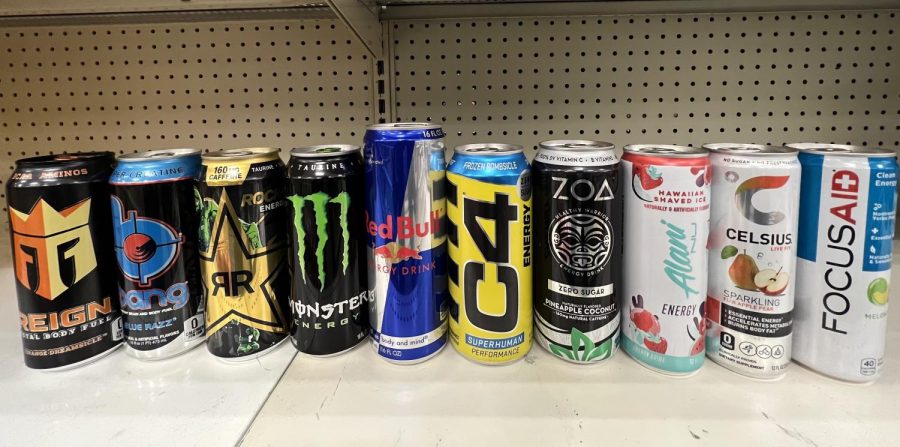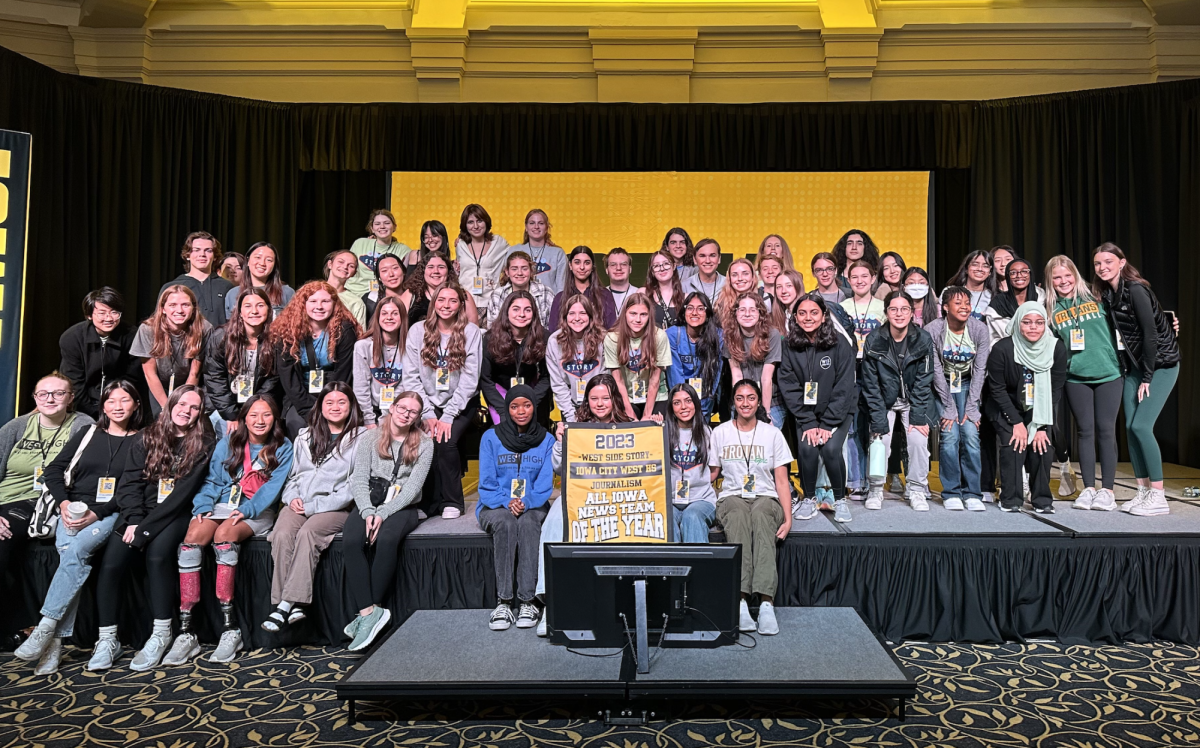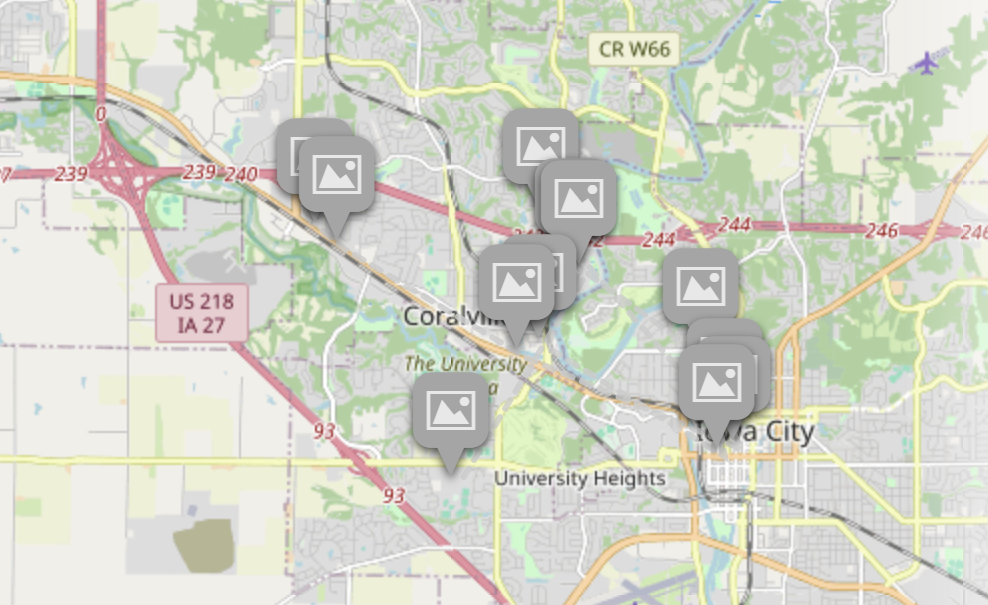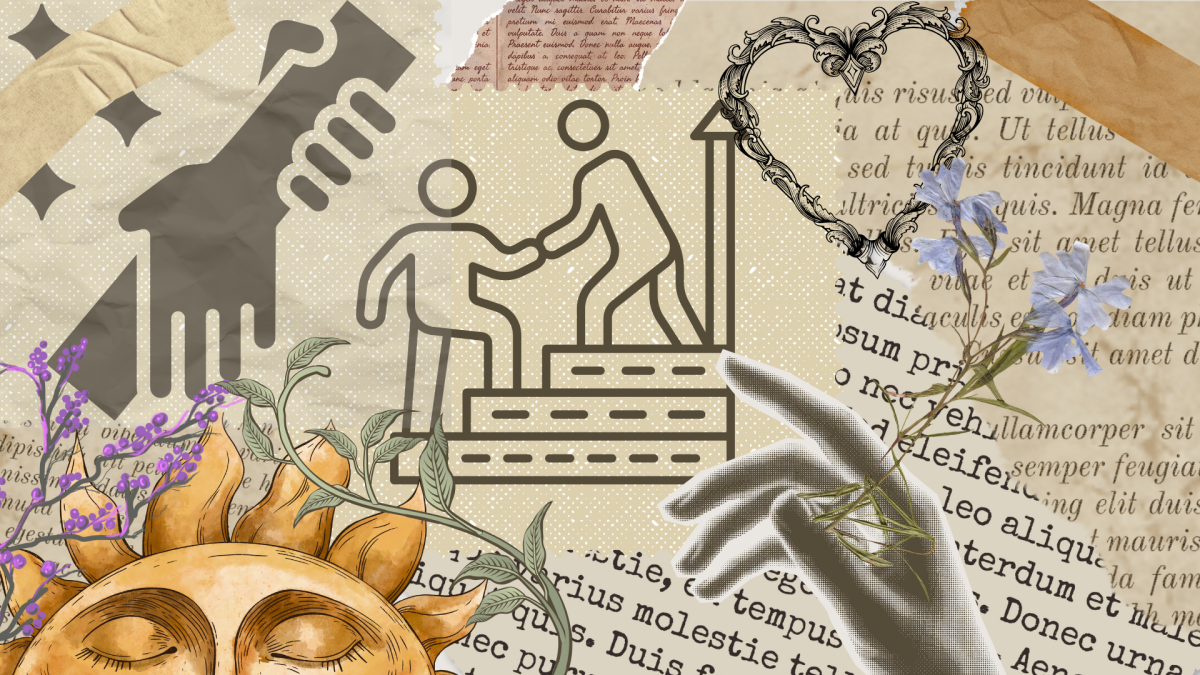While working on an assignment due tomorrow, you look at the clock to see it’s already midnight. You glance at your To-Do list; you still have 5 assignments and a test to study for. Your eyes start to droop. The energy drinks stacked on the kitchen counter tempt you, and you ultimately grab one to stay awake a little longer. While the occasional use of stimulants can provide a boost of energy, energy drinks are detrimental to people’s health when consumed frequently.
When she has practice, softball player Anneke Nielsen ’24 usually drinks Alani or Celsius about two to three times a week. She was initially attracted to energy drinks when she saw her peers drinking them.
“I started drinking coffee, and then I was like, ‘I need something different that would still give me caffeine.’ I knew people who were drinking energy drinks, and I wanted to try them. I started liking them and drinking them,” Nielsen said.
Nielsen prefers energy drinks because there are more options and flavors than other traditional forms of caffeine.
“There are so many different flavors and types of [energy drinks] that there’s a variety of what you can choose from. With coffee [or tea], there are not as many options,” Nielsen said.
For many students, energy drinks are useful for providing energy to wake up early enough for school. For Jalani Mack ’25, this seems to be the case.
“I was always really sleepy and tired for school even though I would get a good amount of rest,” Mack said. “So I stopped at the gas station before school and grabbed [a Celsius], and it gave me enough to get through the school day, so [I was] like, ‘I’m just going to have them every morning.’”
I was always really sleepy and tired for school even though I would get a good amount of rest.
— Jalani Mack '25
Additionally, many students like Nielsen use energy drinks to make it in time for early-morning sports practices.
“[Energy drinks are] just to boost energy for me. I do get a good amount of sleep, but I have practices that are early in the morning,” Nielsen said. “I wake up at 5:30 to go to practice, so I still need some more energy, and that’s why I usually drink them.”
Dr. Benjamin Reinking, MD, a clinical professor of pediatrics-cardiology at the University of Iowa, discusses the ingredients in energy drinks and the potential effects of consuming these drinks as teenagers.
“The biggest concern is that when the heart rate increases, the heart works harder [and] it needs more oxygen,” Reinking said. “The heart receives oxygen when it’s relaxed, and there’s a point when the heart’s beating so fast that there’s not enough time for oxygen to be delivered to the heart.”
While energy drinks have a lot of caffeine that can affect the body, Reinking explains the other threats presented by energy drinks.
“[Energy drinks] also have other stimulants in them like green tea extract and guarana seeds,” Reinking said. “There’s three or four different herbs that are also simulants, and it’s a combination of things that ends up being more dangerous than just the caffeine alone.”
According to Cleveland Clinic, guarana, a plant native to the Amazon, has seeds that have almost double the caffeine of coffee beans. As a result, guarana is commonly found in energy drinks. Though it can increase concentration, guarana can cause headaches, heart palpitations and high blood sugar. Energy drinks also have about 41 grams of sugar, which increases an individual’s risk of type 2 diabetes and weight gain.
Additionally, caffeine can have especially harmful effects on athletes. According to the National Institute of Health, energy drinks can cause dehydration after prolonged exercise, resulting in higher body temperature, heart rate and perceived rate of exertion. Reinking discusses other potential effects for active individuals.
“Some of the energy drinks actually have components in them that constrict blood vessels that go to the muscles. People drink caffeine because it does give you energy, but actually it decreases blood flow to your muscles,” Reinking said. “It can have a pretty negative effect if you have really high doses.”
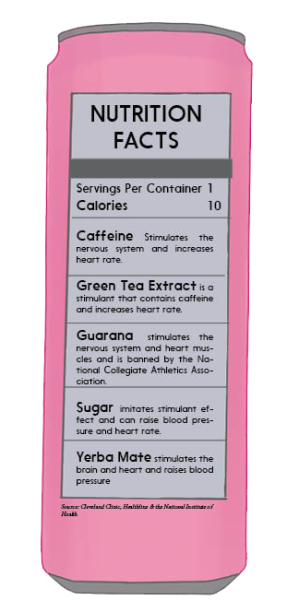
According to Healthline, increased consumption of energy drinks can result in short sleep duration and poor sleep quality. As a result, this negatively affects students’ academic performance and can increase feelings of depression and anxiety. Reinking discusses the negative effects of energy drinks on mental health.
“One of the reasons we’re also concerned is that, obviously, mental health is a big concern for everyone right now. Sleep is a big part of mental health, and there are studies that link caffeine consumption and screen time together,” Reinking said. “When you drink a lot of caffeine and are on a screen at nighttime, it creates a cycle where people don’t sleep and then creates this bad cycle of mental health issues as well.”
While many know the detrimental effects and try to decrease their energy drink intake, it can be difficult. Nielson describes her path to decreasing her caffeine consumption.
“Junior year, I was kind of addicted to [energy drinks]. I drank one every single day and now it’s at two [a week],” Nielsen said. “Some of the energy drinks I drink [have] less caffeine, because I know caffeine is not the greatest for you, so trying to cut down that amount is very helpful for me.”
Mack has had similar struggles with cutting her caffeine intake.
“During spring break, I told myself I wasn’t going to have any more,” Mack said. “But the Sunday before we came back, I got no sleep and so I needed something.”
Reinking acknowledges the importance of balance while consuming caffeine and how to make smarter decisions when it comes to picking between caffeinated beverages.
“I don’t think it’s realistic to tell anyone that they can’t drink caffeine because it’s everywhere and it’s legal. Telling people that they can’t do something sometimes has the opposite effect,” Reinking said. “But maybe encourage people to limit what they’re going to take in and go for the [drink] that just has caffeine in it [because] your risk of having something bad happen is much, much lower. As a physician, I would say you shouldn’t drink them, but realistically, I think there are smarter choices you can make and still have what you want.”




